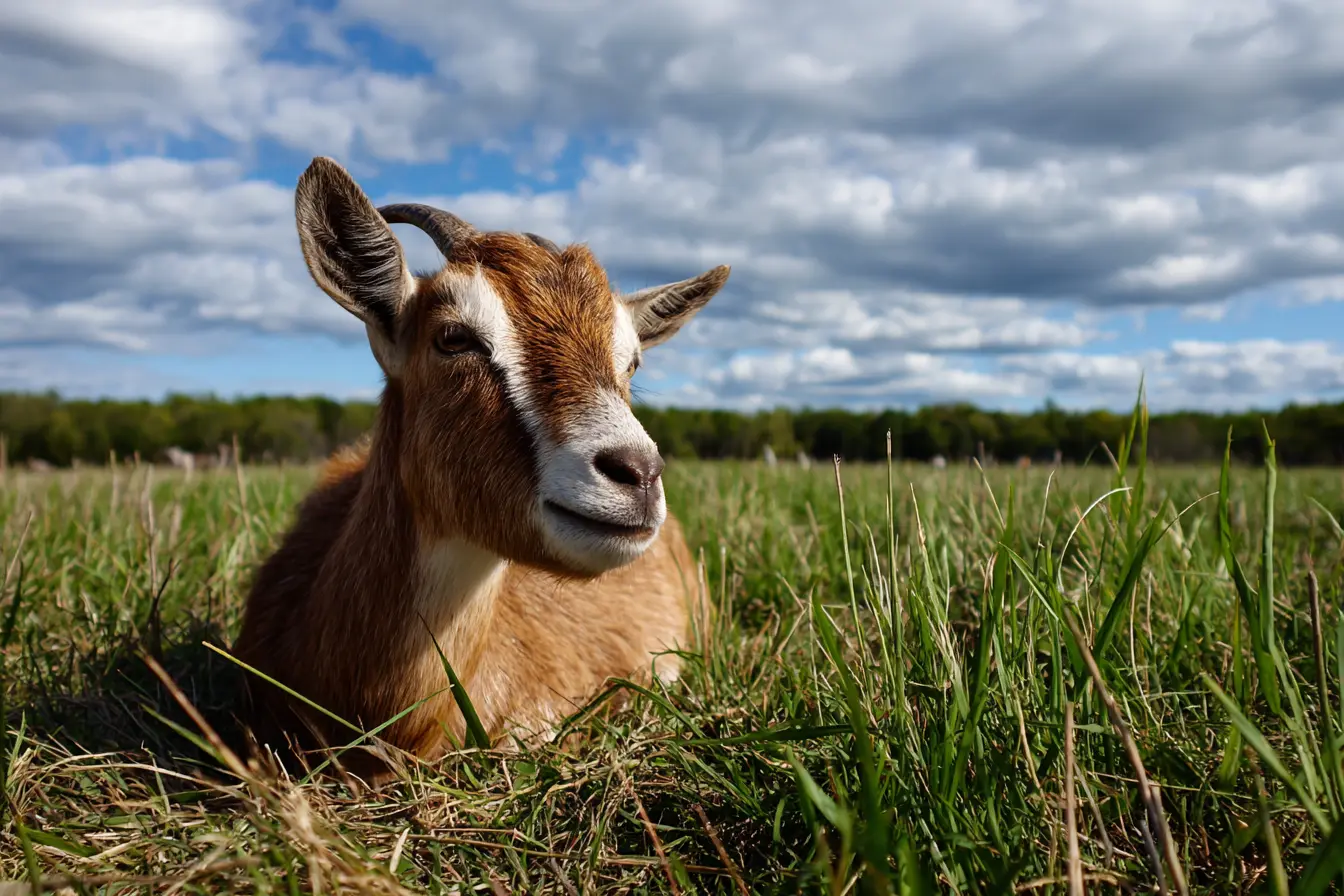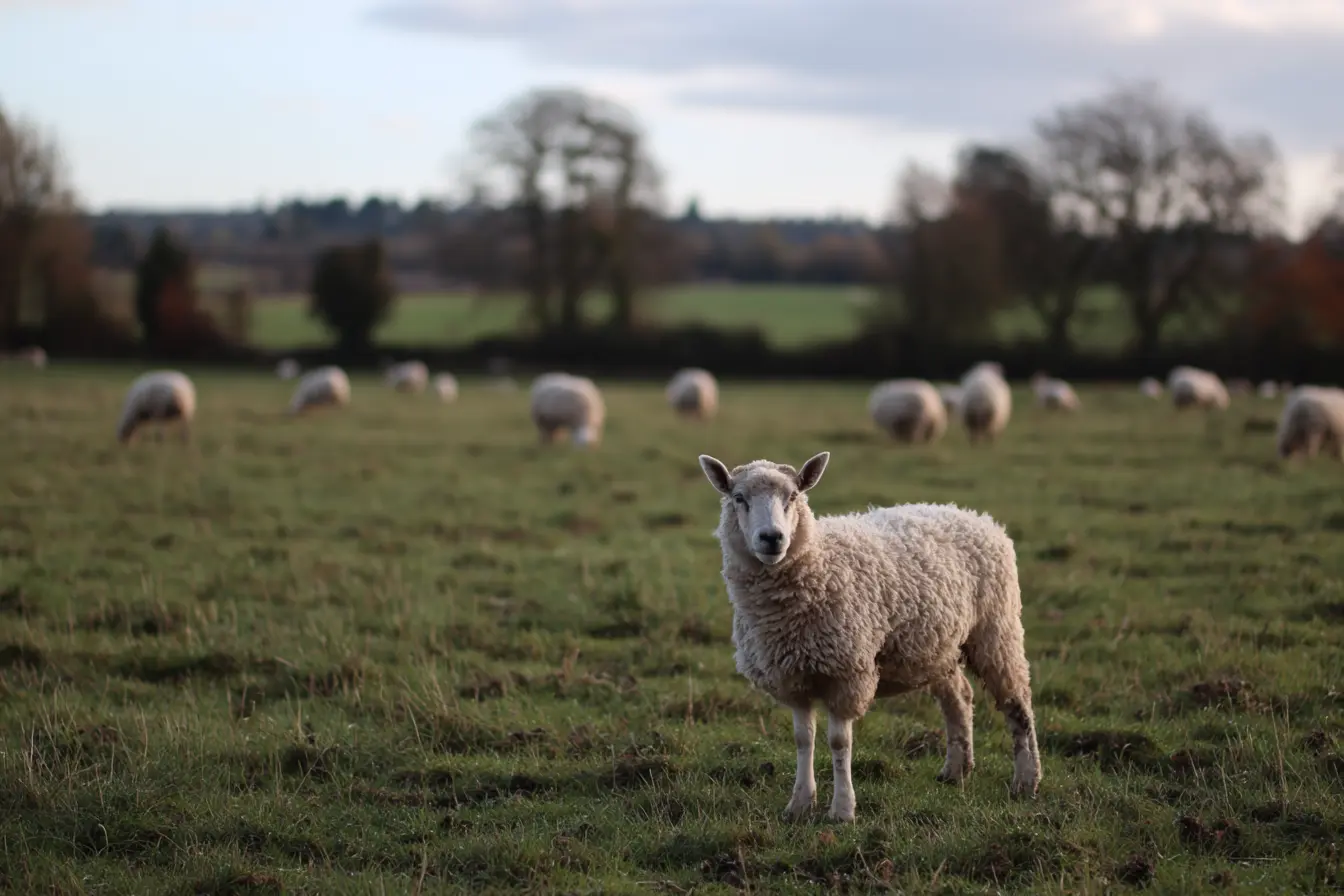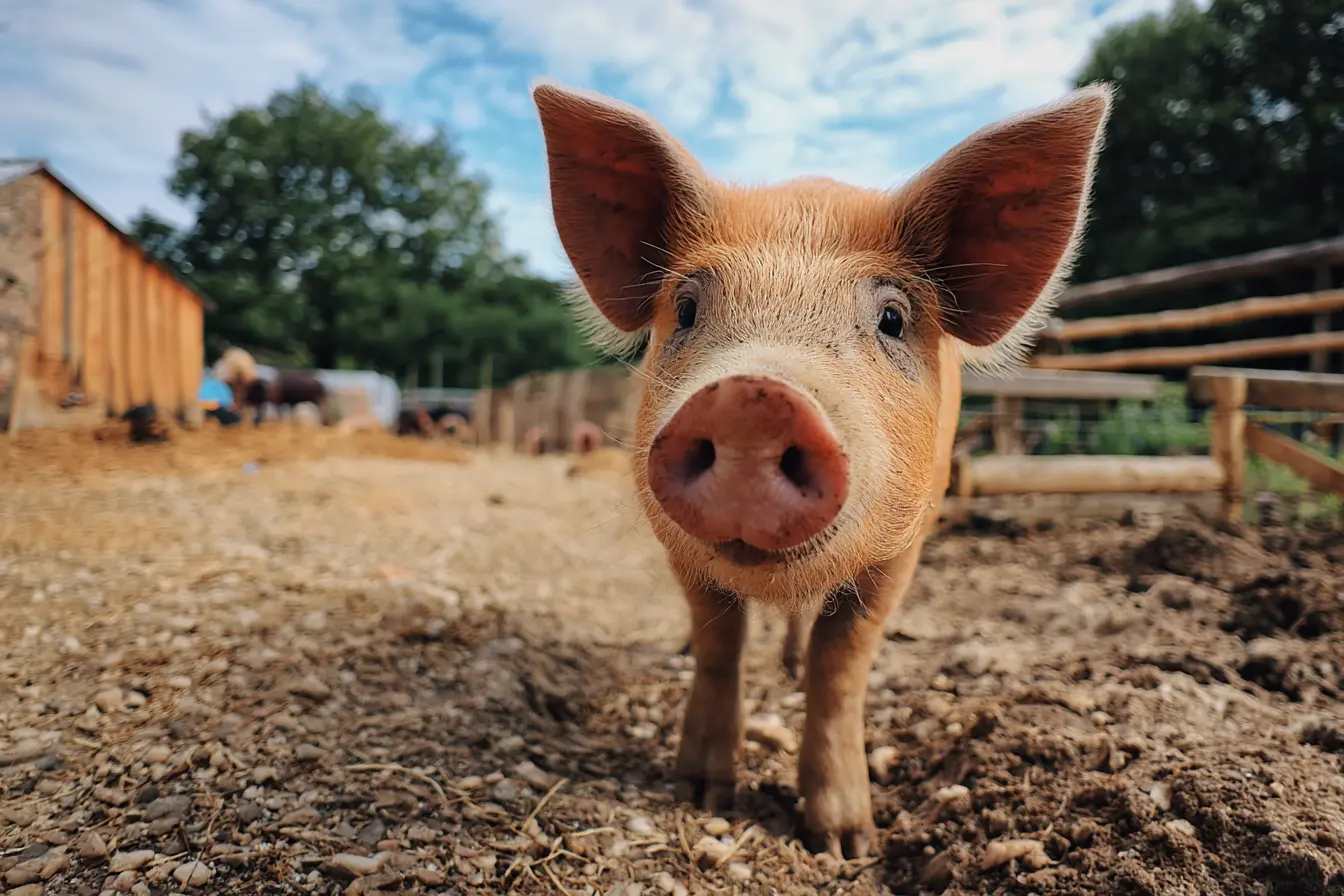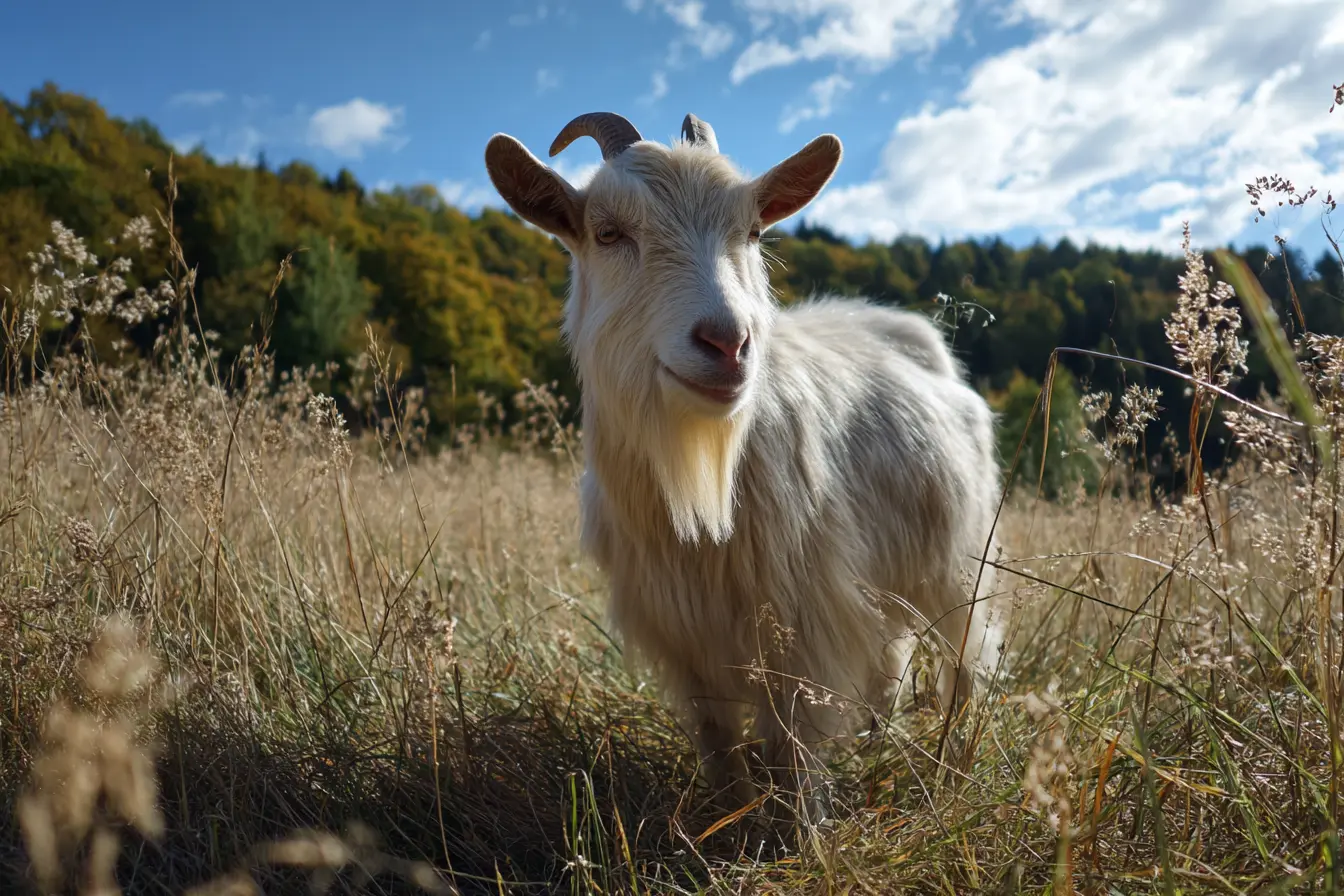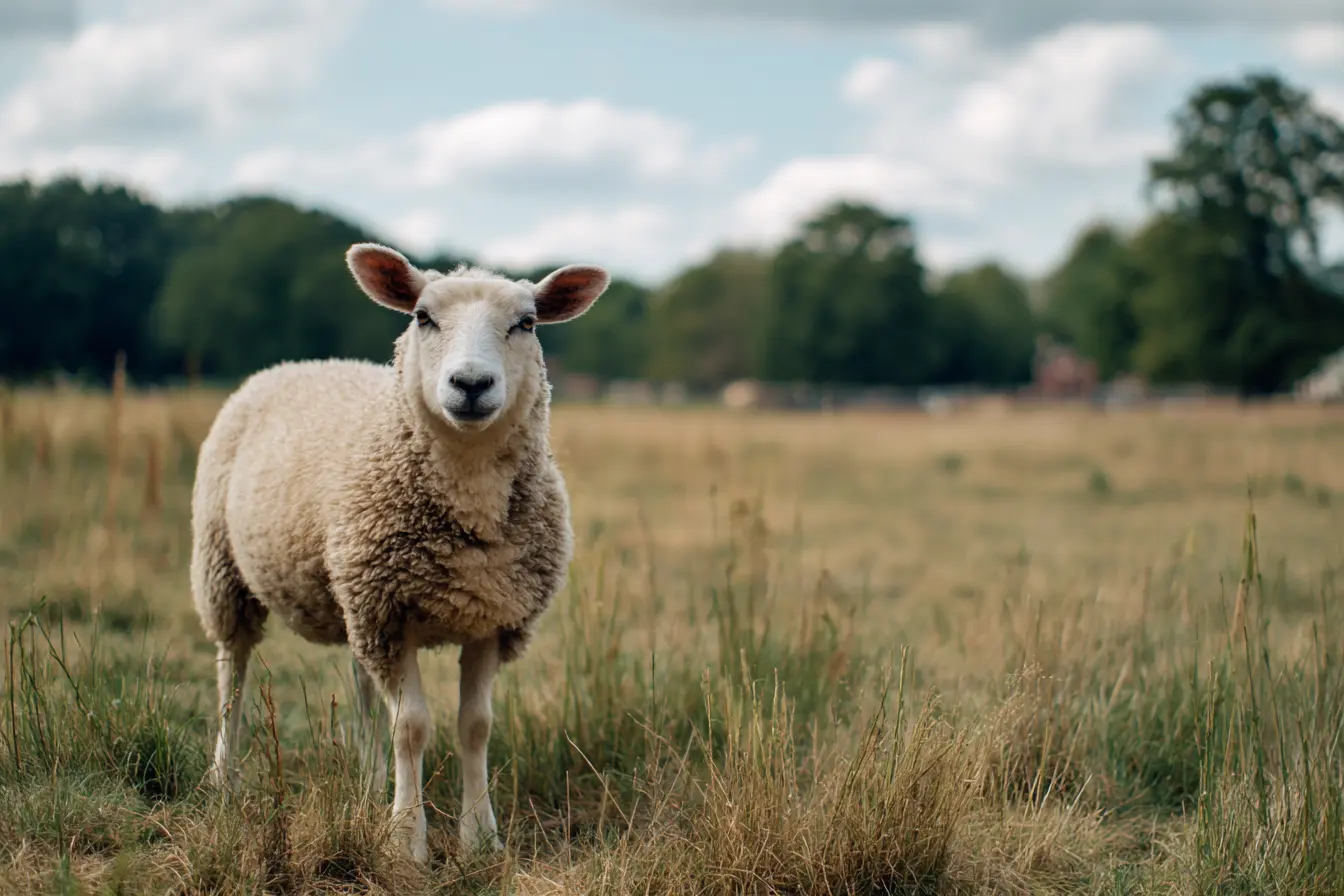
Triclabendazole Resistance in Liver Fluke
Triclabendazole (TCBZ) has long been considered the gold standard for treating liver fluke (Fasciola hepatica) infections in livestock. Its unique ability to target both immature and adult stages of the parasite has made it a cornerstone of fluke control strategies in cattle and sheep. However, in recent years, the emergence of triclabendazole resistance has raised serious concerns about the sustainability of fluke management programs. This blog post explores what triclabendazole resistance is, why it’s happening, and how farmers and vets can respond.
What is Triclabendazole and Why is it Important?
Triclabendazole belongs to the benzimidazole class of anthelmintics but has a unique mode of action that makes it highly effective against liver fluke. It can kill fluke from the early immature stages migrating through the liver tissue to fully mature adults in the bile ducts.
This broad-spectrum activity against liver fluke has made triclabendazole the go-to product for treating acute and chronic fasciolosis in the UK and elsewhere.
Spectrum of Activity: Only Liver Fluke
It’s important to note that triclabendazole has a very narrow spectrum of activity:
-
What it does treat:
- Immature and adult liver fluke (Fasciola hepatica).
-
What it doesn’t treat:
- Roundworms (gastrointestinal or lungworms).
- Tapeworms.
- External parasites (lice, mites, etc.).
This means that if your farm has co-infections with roundworms or other parasites, triclabendazole will not address those. In such cases, you may need to use a different anthelmintic alongside triclabendazole or choose a combined product (which typically won’t contain TCBZ, as it doesn’t target roundworms).
The Emergence of Resistance
Resistance occurs when a parasite population develops the ability to survive treatment with a previously effective drug. In the case of triclabendazole, resistance in liver fluke has been documented in several regions of the UK and other countries, including:
- The South West and West of England (notably in sheep flocks and some cattle herds).
- Parts of Wales and Scotland.
- Reports from Ireland and Australia also confirm this trend.
Resistance means that treatment with triclabendazole no longer kills all fluke present, allowing resistant parasites to survive and multiply, making future treatments less effective.
Why is Triclabendazole Resistance Occurring?
Several factors contribute to the development of resistance:
- Frequent and Repeated Use: Over-reliance on triclabendazole for fluke control creates strong selection pressure for resistant parasites.
- Inadequate Dosing: Underdosing due to incorrect weight estimates or faulty equipment can leave some fluke alive, which promotes resistance.
- Poor Treatment Timing: Treating animals when immature fluke are not present or when weather conditions are not conducive to fluke infection can lead to ineffective use of the drug.
- Lack of Monitoring: Without routine testing, farmers may be unaware that treatments are failing, allowing resistant parasites to build up unnoticed.
How Can Resistance Be Detected?
Detecting triclabendazole resistance is challenging but critical for effective control. The most reliable methods include:
- Faecal Egg Count Reduction Tests (FECRT): Compare egg counts before and after treatment to assess drug efficacy.
- Coproantigen ELISA: Measures fluke antigens in faeces pre- and post-treatment.
- Liver Fluke Post-Mortem: Slaughterhouse checks or on-farm necropsies can reveal live fluke despite recent treatment.
Working with your vet to design and interpret these tests is essential.
Implications for Livestock Health and Farm Economics
Triclabendazole resistance has wide-ranging implications:
- Animal Health: Infected animals continue to suffer from liver damage, weight loss, reduced productivity, and poor fertility.
- Increased Disease Spread: Untreated fluke can contaminate pastures and infect other animals.
- Economic Losses: Persistent liver fluke infections lead to reduced growth rates, milk yield, and higher veterinary and feed costs.
- Liver Condemnations: At slaughter, livers infested with fluke are condemned, reducing the overall carcass value.
Strategies to Manage Resistance
Despite these challenges, there are steps farmers and vets can take to slow the spread of resistance and maintain effective fluke control:
Rotate Flukicides
- Use products containing other active ingredients, such as closantel, nitroxynil, or oxyclozanide, where appropriate.
- Rotate different flukicide classes to reduce selection pressure on fluke populations.
Targeted Treatments
- Base treatments on risk assessments, weather conditions, and diagnostic results.
- Avoid routine blanket treatments in low-risk periods.
Accurate Dosing
- Weigh animals properly and calibrate dosing equipment to ensure correct dose rates.
- Use products according to label instructions.
Pasture Management
- Reduce reliance on chemical treatments by managing grazing practices:
- Avoid high-risk, wet pastures during peak infection periods.
- Implement drainage improvements where possible to limit mud snail habitats.
Diagnostic Monitoring
- Conduct regular testing and work with your vet to assess the effectiveness of treatments.
- Stay alert to treatment failures and adjust your control strategy promptly.
Conclusion
Triclabendazole resistance is a growing challenge in liver fluke management that cannot be ignored. While triclabendazole remains a valuable tool for fluke control, its narrow spectrum of activity against liver fluke only—and the emergence of resistance—mean that farmers and vets must adapt their parasite control strategies. Through careful monitoring, integrated management, and judicious use of treatments, we can help protect the effectiveness of triclabendazole and safeguard the health and productivity of our livestock.
If you’ve experienced issues with triclabendazole resistance or want to discuss alternative strategies, share your thoughts below or reach out to start the conversation. Let’s work together to manage this critical challenge and support the sustainability of UK farming.
Vets near you
Speciality vets
- Aquatics vet specialists
- Birds vet specialists
- Camelids vet specialists
- Cats vet specialists
- Cattle vet specialists
- Deer vet specialists
- Dogs vet specialists
- Equines vet specialists
- Exotic vet specialists
- Goats vet specialists
- Pigs vet specialists
- Poultry vet specialists
- Sheep vet specialists
- Small Mammals vet specialists
- Wild vet specialists
Vet facilities
- Accessible by public transport
- Blood testing
- Car park nearby
- Client car park
- Dentistry
- Diagnostic imaging
- Disabled public access
- Flea and worm treatments
- Microchipping
- Mobile services
- Neutering
- Open at weekends
- Out-of-hours service
- Referral interests
- Referrals only
- Street parking outside
- Toilets available
- Vaccinations
